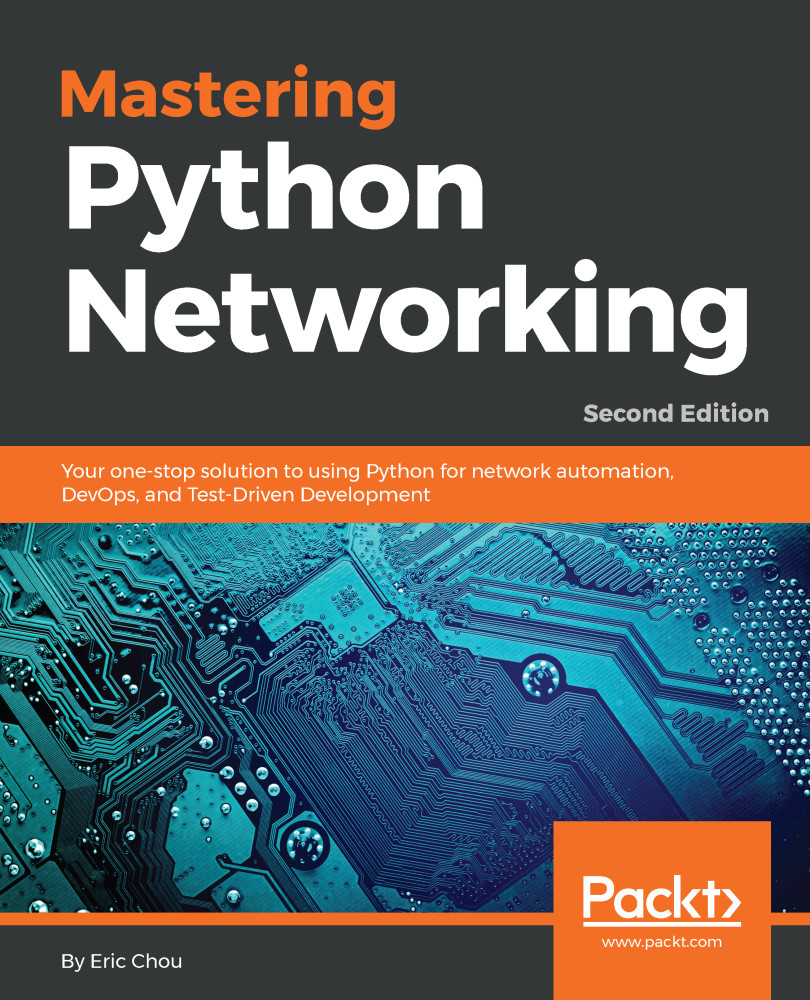Pexpect is a pure Python module for spawning child applications, controlling them, and responding to expected patterns in their output. Pexpect works like Don Libes' Expect. Pexpct allows your script to spawn a child application and control it as if a human were typing commands. Pexpect, Read the Docs: https://pexpect.readthedocs.io/en/stable/index.html
Let's take a look at the Python Pexpect library. Similar to the original Tcl Expect module by Don Libe, Pexpect launches or spawns another process and watches over it in order to control the interaction. The Expect tool was originally developed to automate interactive processes such as FTP, Telnet, and rlogin, and was later expanded to include network automation. Unlike the original Expect, Pexpect is entirely written in Python, which does not require TCL or C extensions to be compiled. This allows...


